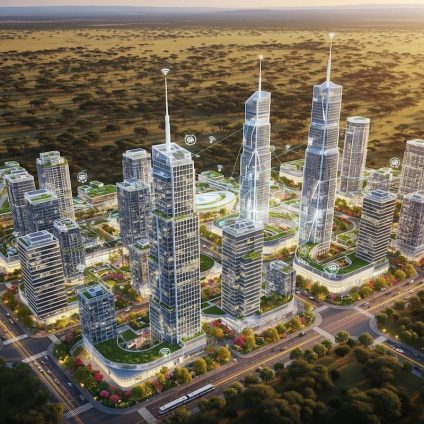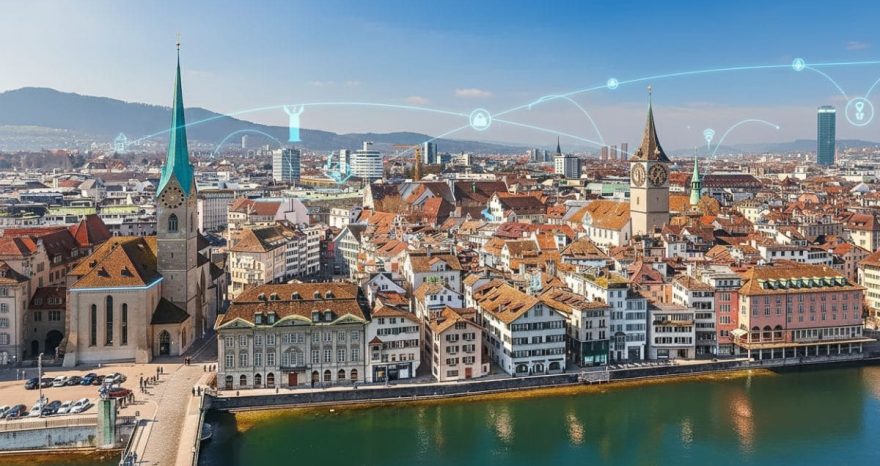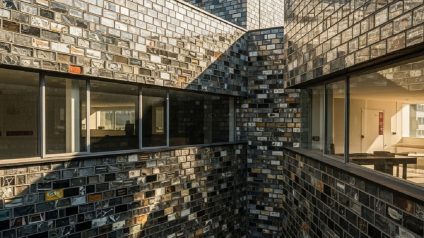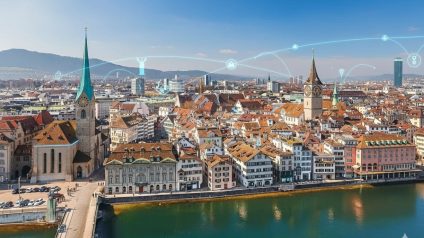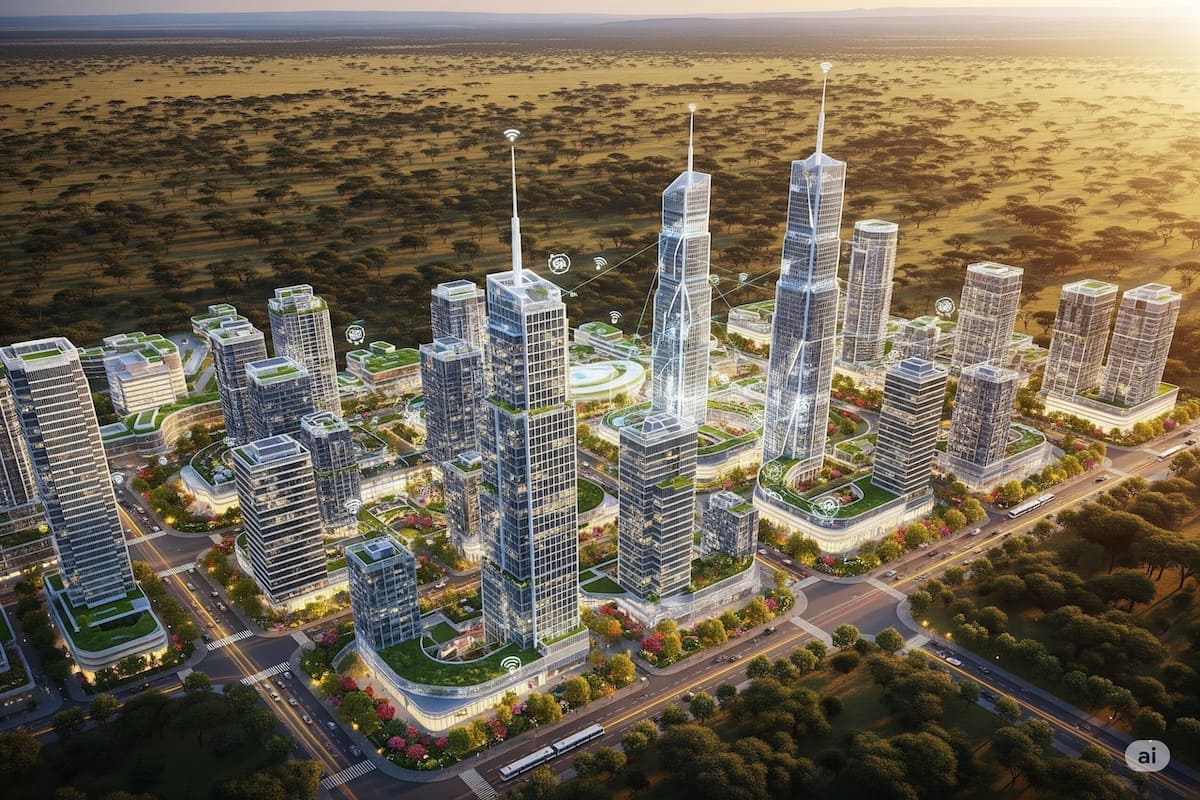
From Kigali to Nairobi, technology, sustainability, and investment are converging to shape a new urban reality across the continent
By 2050, over 60% of Africa’s population will live in urban areas. If unmanaged, this explosive growth could worsen poverty, emissions, and inequality. But a different future is also possible: one shaped by smart cities.
With market projections expected to reach $1.5 billion by 2025 and an annual growth rate of 12% through 2029, smart cities in Africa are emerging as global testbeds for urban innovation. From digital governance to renewable energy, African cities are being transformed by smart technologies focused on resilience and sustainable development.
Africa’s smart city market is set to grow 12% annually through 2029
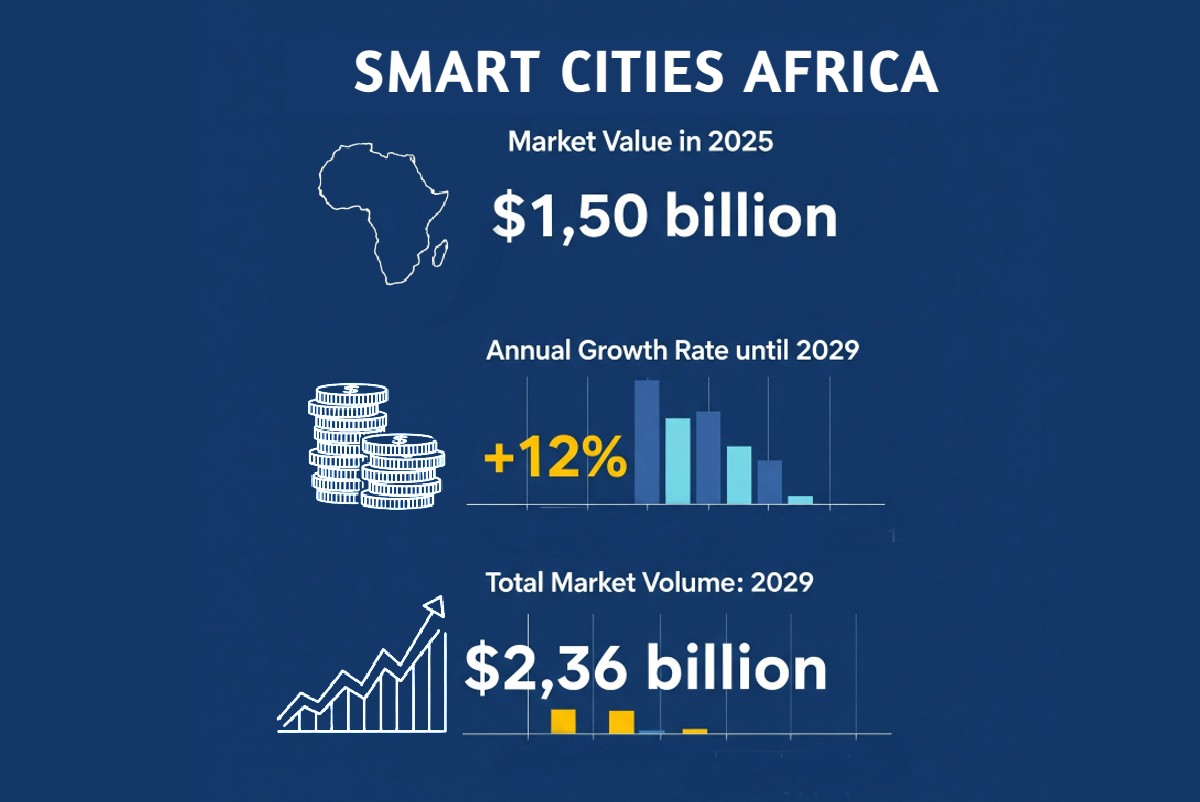
According to German business intelligence platform Statista, the African smart city market is expected to generate $1.5 billion in revenue by the end of 2025.
With a steady annual growth rate of 12%, the sector could reach $2.36 billion by the end of the decade.
Global interest is rising. Tech giants like Microsoft have already committed to Africa’s digital growth, aiming to train over one million local professionals in AI and cybersecurity by 2026.
The top 10 smart cities in Africa
Across the continent, ambitious smart city projects are reshaping urban environments. From housing to healthcare, mobility to governance, these ten projects are laying the digital and infrastructure groundwork for more inclusive and sustainable cities.
Vision City, Rwanda
Vision City is Kigali’s largest smart residential development, built by Ultimate Developers Ltd. to host over 22,000 residents. By 2025, it will include smart metering, digital addressing, IoT-enabled waste management, and solar panels for every home. Public spaces will feature intelligent lighting and AI surveillance, all backed by urban policy support. Vision City is a standout example in East Africa, combining digital inclusion with high-quality living standards.
Konza Technopolis, Kenya
Often called Kenya’s “Silicon Savannah,” Konza Technopolis lies 60 km from Nairobi and tops the list of African smart cities. This public-private megaproject will host tech companies, universities, data centers, and a smart business district. Phase 1, set to be completed in 2025, will introduce smart mobility, automated waste systems, centralized command centers, and cloud-based services. With $1.3 billion already invested, Konza is home to more than 50 startups and multinational tech firms, representing Africa’s most advanced smart city development.
Modderfontein New City, South Africa
Backed by Chinese group Zendai, Modderfontein New City is rising east of Johannesburg as a high-tech economic hub. After a slow start, its AI research centers, tech park, and smart transport systems are now operational as of 2025. Fiber infrastructure, smart zoning, and blockchain-based land registries define its layout. Aiming to house over 100,000 residents and create 30,000 jobs by 2030, it is a forward-looking model for digital urban development in Africa.
Menlyn Maine, South Africa
Located in Pretoria, Menlyn Maine is known as Africa’s first “green city.” This neighborhood integrates smart systems for energy, transport, and data management. Buildings are powered by AI-assisted energy systems, waste-to-energy plants, and advanced water reuse solutions. By 2025, electric vehicle charging stations and car-sharing services will help reduce private car usage by 18%. Menlyn Maine showcases how smart retrofitting of existing cities can deliver fast, tangible benefits.
Hope City, Ghana
After a slow launch, Hope City in Accra saw a resurgence in 2024–2025 through new partnerships focused on green tech and remote work infrastructure. Originally designed as a vertical city with Africa’s tallest towers, it now operates as a tech campus for startups. It offers 5G connectivity, blockchain-based real estate, and AI-integrated urban management. With over $300 million in private funding, Hope City symbolizes Ghana’s digital ambition and is becoming a key player in the African smart city landscape.
Eko Atlantic, Nigeria
Built on reclaimed land off the coast of Lagos, Eko Atlantic is among Africa’s most ambitious smart cities. Designed for 250,000 residents and 150,000 commuters, it features an autonomous energy network, underground ICT infrastructure, digital water systems, and an independent power grid. In 2025, advanced smart protocols will be implemented, including real-time traffic control, app-based utility management, and secure digital identities. While criticized for exclusivity, it remains a benchmark for private-sector-led urban innovation.
Appolonia City, Ghana
Developed by Rendeavour just outside Accra, Appolonia City is Ghana’s largest planned smart city, covering 930 hectares. It blends residential, commercial, and light industrial zones, supported by paved roads, solar lighting, and advanced waste management. By 2025, Appolonia will introduce digital land registries and IoT energy meters to reduce corruption and boost service efficiency. Its data-driven, sustainability-focused approach aims to serve as a model for adaptive urban development in West Africa.
Centenary City, Nigeria
Located southwest of Abuja, Centenary City was envisioned as Nigeria’s answer to Dubai and Singapore. A public-private free trade zone project, it was designed to attract $18.5 billion in investment and create 250,000 permanent jobs, along with 150,000 construction roles. Despite delays and only 7% infrastructure completion after a decade, it aims to deploy smart grids, AI-based governance, biometric access, drone surveillance, and digital public services. Federal support renewed in 2025 could revitalize the project, making it a potential game-changer in sustainable urban development.
Tatu City, Kenya
Just 20 km from Nairobi, Tatu City spans over 20 square kilometers (5,000 acres) as one of Africa’s most advanced smart city projects. Developed by Rendeavour under Kenya’s Vision 2030 plan, it has operated as a Special Economic Zone since 2011. Today it hosts 90+ companies, 15,000 workers, and about 5,000 residents, offering international schools, healthcare, housing, and integrated industrial areas. With over $115 to $200 million invested in infrastructure, Tatu City is expected to contribute $1.5 billion annually to Kenya’s GDP upon completion. Its autonomous governance, tech-enabled security, and inclusive sustainability standards make it a scalable model for smart urban development.
Kigali Innovation City, Rwanda
Kigali Innovation City (KIC) is among Africa’s most ambitious smart city projects, positioning Rwanda as a regional tech hub. Located in the capital’s Special Economic Zone and covering over 61 hectares, it integrates top universities like Carnegie Mellon University Africa with ICT firms, incubators, and research centers. Backed by Africa50, BADEA, and the Rwandan government, KIC aims to attract $2 billion in private investment, generate 50,000 jobs, and enable green energy, smart buildings, digital connectivity, and sustainable mobility. It represents a scalable blueprint for Africa’s urban future.


